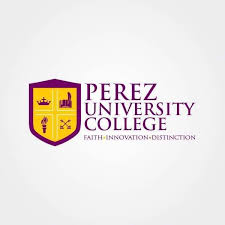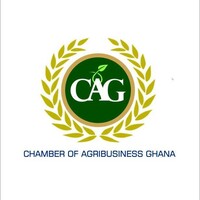
President-elect John Dramani Mahama has reaffirmed his dedication to maintaining Ghana’s Free Senior High School (Free SHS) policy, assuring Ghanaians that while the programme will remain intact, it will undergo necessary reforms to address the challenges it currently faces. Mahama emphasized that the future direction of the Free SHS programme would be determined through a non-partisan National Education Forum, which will bring together key stakeholders from all sectors to collaboratively evaluate the education system and recommend solutions.
Speaking in an interview with Voice of America (VOA), Mahama firmly rejected claims made by New Patriotic Party (NPP) officials during the election campaign, which suggested that he intended to abolish Free SHS. “Free SHS has come to stay, and it is not going anywhere,” he said. “Nobody is going to scrap Free SHS. What was said was political talk and gimmickry. We are going to maintain it. What we are going to do is get dedicated funding for it so that it is better resourced than it is currently.” Mahama’s statement assured Ghanaians that his administration would ensure the sustainability of the policy while addressing its weaknesses.
While acknowledging the positive impact of the Free SHS programme, Mahama pointed out the inefficiencies in its current implementation. He stressed the need to improve the management and resource allocation to the programme, aiming for a more efficient system where students, teachers, and parents can benefit fully from it. “There’s a lot of waste in the system. We’re going to help to make it more efficient so that the teachers, the parents, and the students get the best out of the Free SHS,” he added.
In addition to focusing on the secondary education sector, Mahama expressed concern about the neglect of basic education. He argued that the heavy emphasis on Free SHS has caused the basic education sector to suffer, pointing out that a large number of pupils lack essential resources such as furniture. “We’re going to look at the basic school level too. Because we have focused on Free SHS, we are abandoning the basic level, and so the basic level is becoming a major problem. 1.3 million pupils at the basic level do not have furniture. They don’t have tables and chairs to sit on. They lie on their stomachs in the classroom or sit on cement blocks, and that’s because all our focus has been on the secondary school level,” Mahama explained.
To address the challenges facing both basic and secondary education, Mahama announced plans to organize a National Education Forum. This forum, he explained, will be a platform for bringing together stakeholders from various sectors to evaluate the education system as a whole. “We’re going to hold a National Education Forum, and that forum is going to bring all the stakeholders together, and we’re going to take a look at the whole education value chain. And we’re going to come by consensus—all of us. It’s non-partisan. Everybody of every walk of life who has a stake in education is going to be at that conference. And we are going to take important decisions on how to reform our education so that the children get better quality,” Mahama stated. His goal is to ensure that reforms are carried out through consensus and national collaboration, ensuring that the resulting changes benefit the entire education sector.
The Free SHS programme, launched in 2017 by President Nana Addo Dankwa Akufo-Addo, was designed to provide free tuition, boarding, and meals for students in public senior high schools. The initiative has made significant strides in increasing access to secondary education, particularly for students from disadvantaged backgrounds. However, there have been numerous challenges in its implementation, including overcrowded classrooms, insufficient infrastructure, and delays in funding, all of which have hindered its success.
In his campaign, Mahama emphasized his commitment to addressing these issues while preserving the core objectives of the Free SHS programme. His focus on improving the efficiency and funding of the programme resonated with many voters, particularly those concerned about the quality and accessibility of education. Mahama’s decisive victory in the December 7, 2024 elections, where he secured 6,328,397 votes (56.55%) compared to Dr. Mahamudu Bawumia’s 4,657,304 votes (41.61%), reflects public support for his vision and approach to education reform.
Mahama’s plan for Free SHS aligns with his broader education reform agenda, which includes not only improving secondary education but also addressing long-standing challenges in the basic education sector. His administration aims to create a more inclusive, efficient, and sustainable education system that benefits all levels of schooling, from primary to senior high school, ensuring that Ghana’s future generations are equipped with the knowledge and skills needed to succeed.








